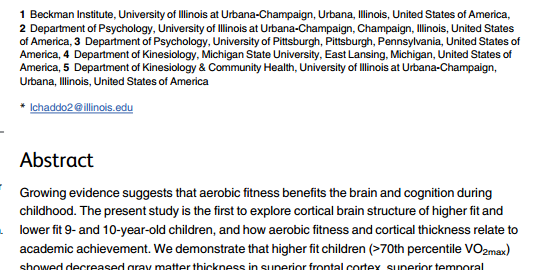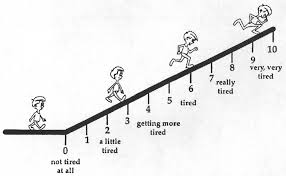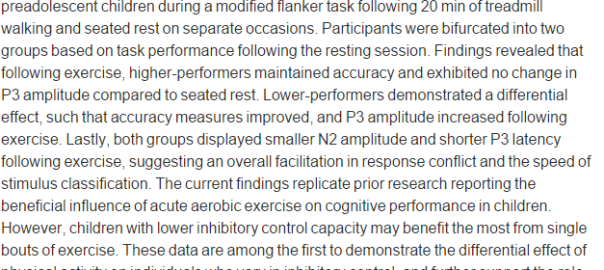As published in the Journal of Pediatrics in a study of 977 participants, preschool-aged children with early weekday bedtimes (8:00p or earlier) were one-half as likely as children with late bedtimes to be obese as adolescents. Researchers concluded that bedtimes are a modifiable routine that may help to prevent obesity.
http://www.jpeds.com/article/S0022-3476(16)30361-4/abstract



